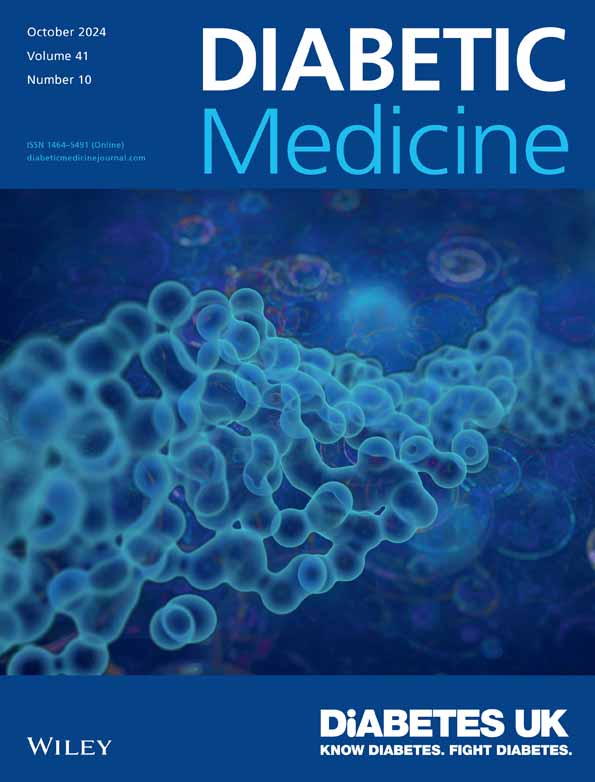The effect of high-fibre diets on glycaemic control in women with diabetes in pregnancy: A systematic review and meta-analysis
Abstract
Dietary fibre improves glycaemic control in type 2 diabetes, but its therapeutic role in women with diabetes in pregnancy is unclear. We assessed the effect of dietary fibre on markers of glycaemic control in women with diabetes in pregnancy.
Methods
We searched four databases (Cochrane Library, MEDLINE, Embase and Web of Science) to identify RCTs exploring the effect of dietary fibre, high-fibre diets or fibre supplementation on fasting blood glucose (FBG), 2-h postprandial blood glucose (PBG) and requirement for insulin therapy, among other glycaemic makers in pregnant women with diabetes. Data were pooled for each outcome to calculate change from baseline mean (SD) and overall mean difference (MD) between control and intervention groups.
Results
Of 1462 identified studies, data from 20 eligible trials containing 1061 participants were pooled. On meta-analysis, a higher fibre intake was associated with reduced FBG (MD: −0.35 mmol/L, 95% CI: −0.53, −0.18, p < 0.01), PBG (MD: −0.90 mmol/L, 95% CI: −1.39, −0.40, p < 0.01) and requirement for insulin (OR: 0.24, 95% CI: 0.13, 0.46, p < 0.01). There was significant heterogeneity for FBG and PBG (>90%), attributable to differences in Intervention type for PBG (Dietary Approach to Stop Hypertension [DASH] diet, low glycaemic index, supplement; p < 0.01) and study duration (for FBG: p = 0.002; not for PBG). Studies were mostly scored as high risk of bias due to lack of blinding (Cochrane Risk of Bias Tool v.2.0).
Conclusion
High-quality dietary intervention studies in pregnancy are lacking. Our results suggest that high-fibre diets improve fasting and postprandial glycaemia and reduce the likelihood of requiring insulin in women with diabetes in pregnancy.


 求助内容:
求助内容: 应助结果提醒方式:
应助结果提醒方式:


